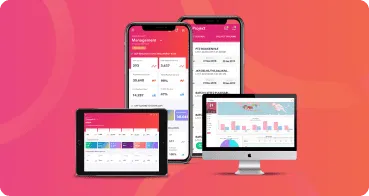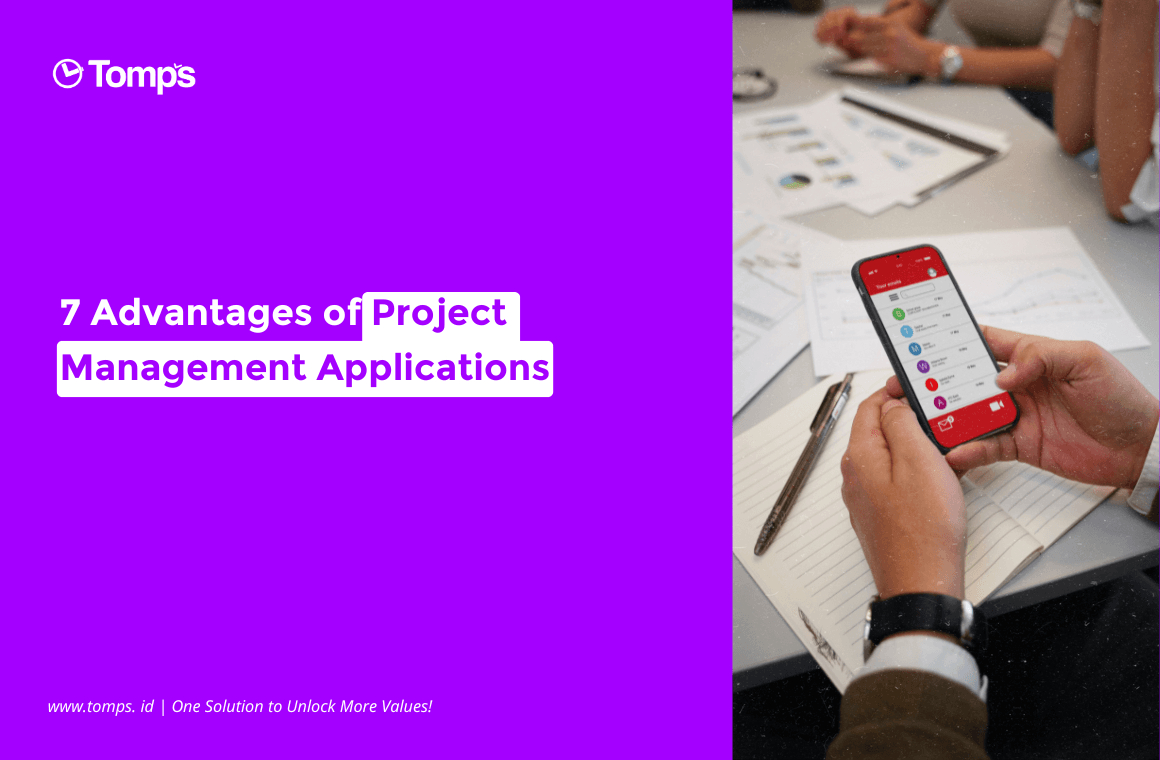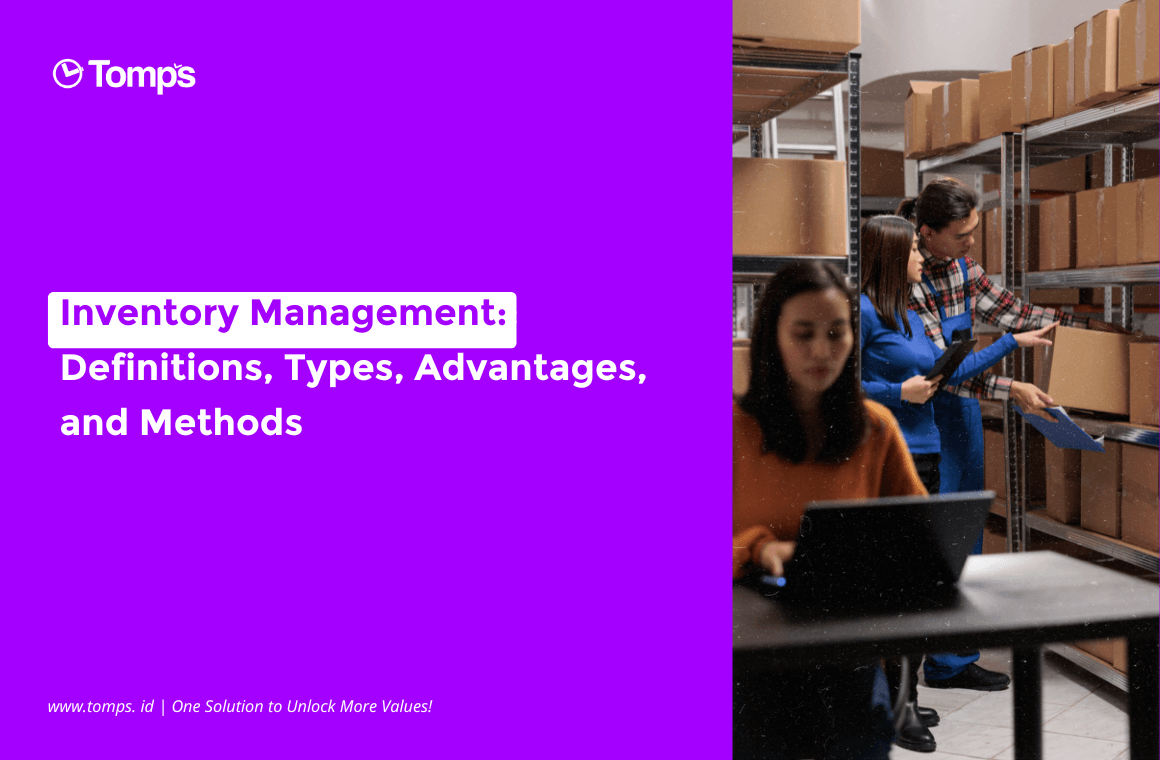Tomps friends, do you know what project management is? If not, let’s learn more about project and project management!
Even if you don’t have an educational background in management, understanding what project management is can be said to be important if you are dealing with projects within an organization. This is because you must know well how to manage and succeed in a project you are working on. Of course, good project management knowledge plays a big role there.
In the world of business, technology, and virtually every industry, the term "project" is ubiquitous. But what exactly is a project, and how does it differ from routine work or ongoing operations? In this comprehensive guide, we will delve into the concept of a project, its defining characteristics, and its significance in various domains.
Projects are a fundamental part of our lives, whether we realize it or not. From planning a family vacation to launching a spacecraft to exploring outer space, projects come in all shapes and sizes. But what exactly is a project, and why is understanding it important?
For the first step, how about knowing the definition of project, project management, and project management principles? For that, here is the answer that Tomps. id has summarized it for you!
What Is The Project?
According to the Association for Project Management (APM), the definition of a project is a job that is unique and temporary. Projects are carried out to achieve the planned goals and produce the desired results or benefits (outputs). Time and cost are the main foundation of a project. Therefore, a project is often said to be successful if it achieves the desired goals and results within a timescale and budget that follows the initial agreement.
Some examples of projects are software development, product or service development, building construction, public infrastructure development, natural disaster social activities, and others.
“Then, are projects and programs the same thing?”
This is also often confused by some people. According to the Project Management Institute (PMI), projects are undertaken to create certain desired outcomes most efficiently. Meanwhile, the program focuses on coordinating several projects and other interrelated activities over time to bring benefits to the organization. Broadly speaking, the project is initiated to create a predictable outcome and then closed when the results are successfully realized. Meanwhile, the program is initiated to create change and realize benefits for the organization.
Defining a Project:
A project is a unique and temporary endeavor with a specific goal, usually involving a set of tasks, resources, and constraints. Let's break this down:
- Unique: Projects are distinct from everyday operations. They have a clear start and end date, unlike routine work, which continues indefinitely. Each project is one-of-a-kind, with its own set of challenges and objectives.
- Temporary: Projects are time-bound. They have a defined duration, and once their objectives are achieved, they come to a close. This temporariness distinguishes projects from continuous operations.
- Specific Goal: Every project has a well-defined objective. This could be creating a new software application, constructing a building, launching a marketing campaign, or any other target that necessitates a sequence of actions to attain.
- Tasks and Resources: Projects entail a series of tasks or activities that must be completed to attain the project's goal. These tasks require resources such as labor, materials, equipment, and more.
- Constraints: Projects are subject to constraints, including scope, time, and cost. Project managers must juggle these constraints to ensure successful project completion.
What Is Project Management?
Like a car without fuel, a project certainly cannot run without good project management activities. According to PMI, project management is the activity of using specific knowledge, skills, tools, and techniques to deliver values and benefits.
In simple terms, project management is the application of processes, methods, skills, knowledge, and experience to achieve the objectives of a particular project, according to agreed criteria and parameters. Project management activities to achieve these results have limitations, time, and budget.
This limitation also distinguishes “project management” from “management” which is a continuous process. This is also what makes a professional project worker must master various skills, techniques, resource management, and good business awareness.
What Are The Project Management Principles To Get Success?
There are several project management principles according to PMI that you have to keep in mind to guide your project on the path of success:
- Projects should be defined, not just referred to as ordinary tasks or activities. This is to minimize the possibility of the team avoiding concrete results at the end of the work cycle as a project should produce because they think their work is just a daily task, not a project. Project management then will take part in making the project more effective and efficient.
- In the empirical principle of project management, you must appoint a leader in charge of a job and hold them accountable for the outcome. So, make sure your project has a leader (project manager) who is experienced and responsible for their work. According to the Project Management Body of Knowledge (PMBOK) 6th Edition, a good project manager must master three competencies, which are Technical Project Management, Leadership, and Strategic and Business Management.
- Make sure to choose competent people to work on your project. “Then what about the new team members who still lack experience?”. While it is possible that your current project can be a good opportunity to train new people to become professionals, at least make sure they are under the guidance of a competent supervisor in the early days. Recruiting competent people is a great asset that can bring many benefits and maximize the quality of the project itself.
- Define project objectives clearly with stakeholders. If you don’t know your destination, then how will you know when it has arrived? Project management is a goal-oriented management system. The main priority in business is to determine the goals, and objectives of the project, by finding the most efficient way of working. Once the project objectives have been clearly defined, the stakeholders must choose their top priorities. Is it fast turnaround time, low cost, or high quality?
- Make a detailed plan to control the project flow (project timeline). Continuing the previous analogy, after knowing what your destination is, of course, it is necessary to devise a way to get there. Just like a project, of course, you have to make plans such as scheduling, breaking down tasks, and managing a team. Don’t forget about risk management that you have to do from the planning stage to minimize the impact if this risk does occur.
- In addition to the principles and techniques above, you must also be realistic by considering the budget and resources that are the main fuel for your project. Be sure to carry out strict monitoring and control to ensure every percent of the budget has been spent optimally. Manpower, raw materials, equipment, to operational costs are part of the project budget. To minimize the chance of deviation, the project manager is required to be able to provide an accountability report for the budgeted costs against the actual costs of the current project.
Project Life Cycle:
Projects follow a life cycle that typically includes the following phases:
- Initiation: In this phase, the project is defined, and its purpose and feasibility are evaluated. Key stakeholders are identified.
- Planning: A detailed plan is created, outlining the project's scope, schedule, budget, and resources.
- Execution: The project plan is put into action, and the tasks are completed as per the plan.
- Monitoring and Controlling: Progress is monitored, and adjustments are made to keep the project on track.
- Closure: The project is formally completed, and its outcomes are evaluated.
How To Make Project Management Run Easier, Safer, and Efficiently?
As a project manager, you can manage various tiring activities to the fullest. Starting from making plans, and managing resources, costs, and teams at the same time. Certainly not an easy job, right? This will be even more difficult if your current project management system is still done manually, not with digital systems such as using project management software.
71% of organizations reported that the use of project management software improved the quality of control and management in the projects they handle (KMPG xSurvey, 2019). Unfortunately, finding management tools that match our industry is not easy. There are many factors that a project management app must have to fit our management style. Don’t let it be that an inappropriate system completely manages us.
One project management software that you can rely on is Tomps. Tomps is a mobile and web-based management software that exists because of the need for quality, effectiveness, and speed of monitoring project progress completion in the field. Tomps offers flexibility, transparency, real-time, collaboration, and an end-to-end system to make you feel closer and easier to do project management activities.
Understanding what a project is and how to manage it is essential for personal, professional, and organizational success. Projects are the building blocks of progress, and knowing how to plan, execute, and complete them efficiently can lead to remarkable achievements. Whether you're planning a family picnic, launching a new product, or exploring outer space, project management principles apply.
In conclusion, a project is a temporary, unique endeavor with a specific goal that involves a series of tasks, resources, and constraints. Projects are fundamental to progress and innovation in various domains, and effective project management is critical to their success. Understanding the concept of a project is a stepping stone to becoming a proficient project manager and a valuable contributor in today's project-driven world.







